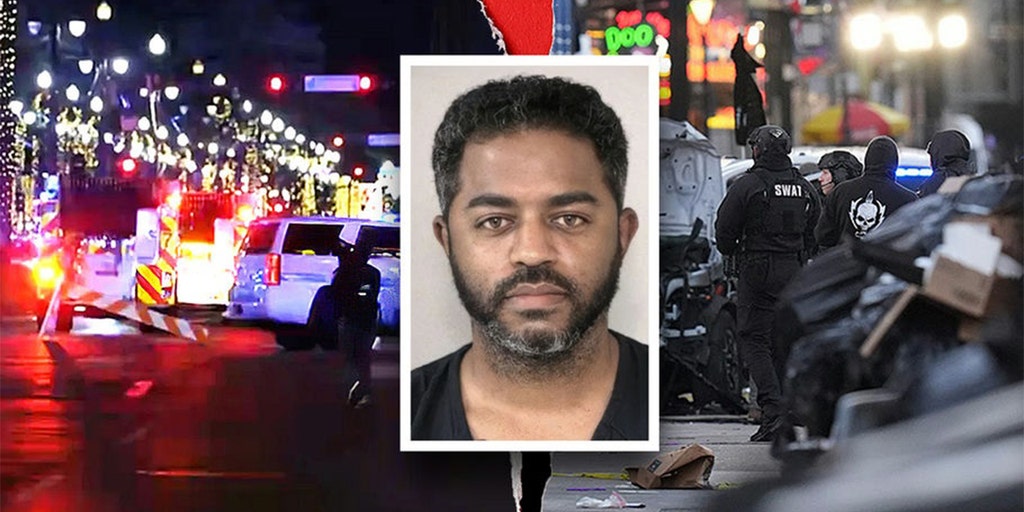Trump Critiques Diversity Programs Amid Air Crash Investigations

President Trump blamed diversity hiring programs for a recent plane crash, sparking accusations of racism and backlash against Diversity, Equity, and Inclusion initiatives in the federal government.
As Navy divers searched the Potomac River for bodies from the deadliest plane crash in the United States in two decades, President Trump attributed the cause to hiring programs that promote diversity.
The implication of his statement was clear, suggesting that diversity leads to incompetence. Historians, civil rights leaders, and citizens interpreted this as a blatant message of racism from the highest levels of American government.
“His attacks on diversity, equity, and inclusion aren't about a particular program or some acronym— they are a sanitized substitute for racist comments that cannot be stated openly," said Margaret Huang, president of the Southern Poverty Law Center, during a conversation with civil rights leaders following Trump's comments. “The message is that women and Black and brown communities are inherently less capable, and their positions of power must mean the standards were lowered.”
Since taking office, Trump has worked to eliminate federal Diversity, Equity, and Inclusion (D.E.I.) initiatives, promoting a so-called “colorblind and merit-based” society. He even labeled his executive order to eliminate these programs as “the most important federal civil rights measure in decades.”
In doing so, Trump has allied himself with individuals who use the term D.E.I. as a blanket accusation against discrimination towards white individuals, targeting nonwhite and female leaders as unqualified. Following derogatory remarks from some of his Congressional allies labeling Vice President Kamala Harris as a “D.E.I. hire” during the 2024 campaign, Trump declined to condemn those comments.
The controversy speaks to profound tensions in American society regarding race's role, helping to fuel Trump's political resurgence. Many voters, both conservative and moderate, are eager for a correction to perceived overreach of progressive policies.
D.E.I. has become a scapegoat for various social issues. “It's a proxy for race, used as a political expedient slur to stoke white grievances,” stated Timothy Welbeck, director at Temple University's Center for Anti-Racism.
According to a Pew Research Center survey published in November, more American workers have developed a negative perception of D.E.I. programs, although most still recognize the value of focusing on these issues.
A White House spokesperson said that Democrats’ emphasis on D.E.I. undermines “decades of progress toward true equality.”
Trump’s remarks last week about the aviation disaster provided no evidence linking diversity initiatives to the incident, asserting instead, “I have common sense.”
In a misleading claim, he suggested that the Obama administration had filled the Federal Aviation Administration with underqualified individuals. “They actually came out with a directive: 'too white,'” he stated, contrasting his administration's intent to hire competent personnel.
Critics argue that an emphasis on diversity diminishes hiring standards, distracting from urgent goals. Transportation Secretary Sean Duffy remarked, “When you don't focus on safety and you focus on social justice, bad things happen.”
Yet in agencies like the F.A.A., officials contend that hiring protocols maintain consistent standards across all candidate evaluations.
Melik Abdul, a Republican strategist who engaged with Black Americans for Trump during the 2024 campaign, voiced concerns over Trump’s meritocratic claims, given his predominantly white and male cabinet.
Many view Trump's denunciation of D.E.I. as a resurgence of his long-standing pattern of exacerbating racial tensions through coded language.
The backlash against D.E.I. aligns with a broader conservative response to policies perceived as excessive left-wing initiatives. Trump's campaign, particularly against Kamala Harris, has been characterized by direct challenges to "woke" culture, catalyzed by the social justice movements following George Floyd's murder in 2020.
Some conservative activists have argued that the ascendance of D.E.I. policies alienated a segment of the population.
This uproar mirrors earlier protests against critical race theory, which conservatives claimed was indoctrinating students. However, actual implementation of critical race theory in K-12 education was rare.
Christopher F. Rufo, an architect of the conservative backlash against critical race theory, provided Trump with a strategy to abolish left-leaning policies in the federal government.
Nonetheless, civil rights advocates warn that this agenda is resurrecting troubling historical themes, reminiscent of post-Reconstruction periods marked by hostility towards Black citizens.
Samuel Spital of the Legal Defense Fund described Trump's assaults on D.E.I. initiatives as attempts to reshape society and to obscure the true nature of discrimination affecting marginalized communities.
Linda Qiu contributed reporting.


















